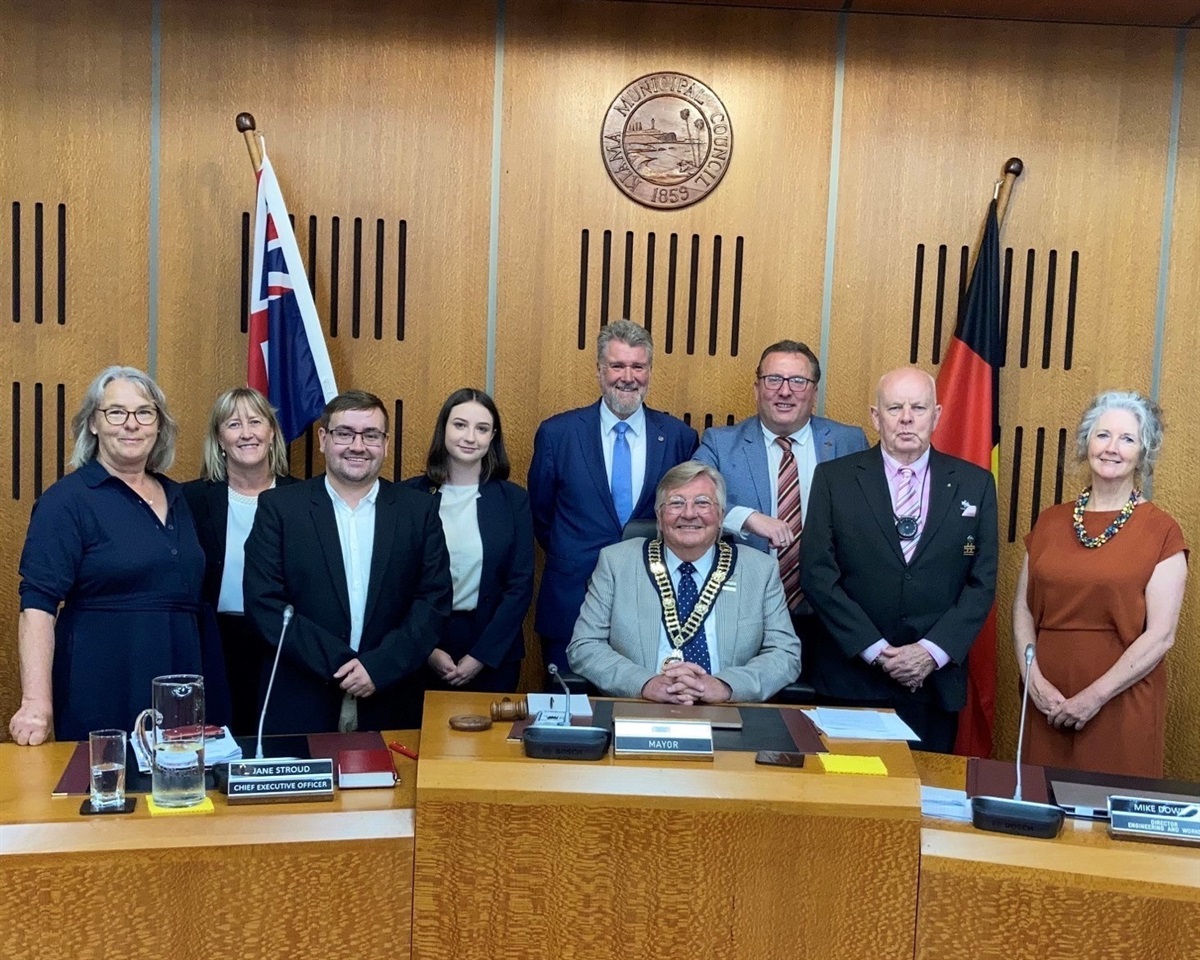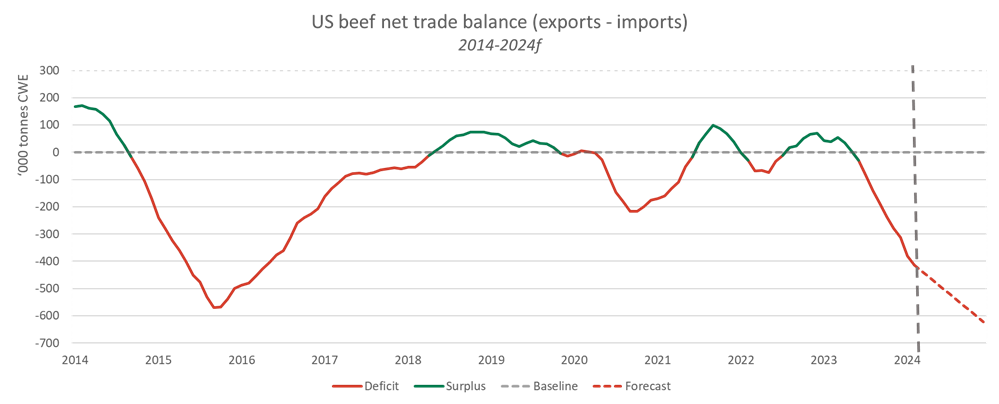5 June 2020, Rome – A better understanding of the role of ecosystems and biodiversity in addressing diseases and other threats to people’s lives, health, and livelihoods will enable us to overcome the COVID-19 challenges and prevent the re-emergence of such devastating outbreaks in the future. This was the key take-away from the virtual celebration of World Environment Day 2020, organized by FAO today.
This year’s theme “Time for Nature” highlights what needs to be done to transform our food and agricultural systems in order to restore our ecosystems and biodiversity, which are instrumental in the efforts to build back better after COVID-19.
“Recent events, from locust infestations across East Africa to Fall Army Worm – and now, the global disease pandemic – demonstrate the interdependence of humans, animals and the environment,” said FAO Director-General QU Dongyu in his opening remarks, calling on all sectors and society as a whole to re-examine our relationship with nature.
Stressing that the loss of biodiversity not only increases exposure of people to emerging diseases but also poses serious threats to food systems, agricultural production and livelihoods, the FAO Director-General pointed to the need for ensuring sustainable management of natural resources and mainstreaming biodiversity across all agricultural sectors.
“Let’s keep in mind that every day is World Environment Day!” Qu concluded.
“This pandemic has forced us to confront an undeniable reality: the overwhelming impact of our heavy imprint on the natural world has fundamentally altered the conditions in which diseases emerge, co-evolve and spread. It has increased the risk of spillover, from wildlife to livestock, and from animals to people,” said Elizabeth Maruma Mrema, Acting Executive Secretary, Convention on Biological Diversity (CBD), who also took part in the event.
She noted that biodiversity provides numerous benefits to people including healthy and sustainable diets, clean air, freshwater, and medicines, underscoring that any changes in the capacity of nature to deliver these benefits will impact food security, nutrition, livelihoods, income, and health.
Monique Eloit, Director-General of the World Organisation for Animal Health (OIE),
said in her address to the ceremony that repeated attacks on the environment had repercussions for animal health and consequently for human health.
“We know that the human‑driven degradation of natural ecosystems and expansion of the frontier between humans and other animals potentially increases the chances of zoonoses emerging and spreading,” she said, stressing the importance of focusing on issues concerning the interface between humans, animals and the environment.
The panellists also pointed to the importance of strengthening collaboration on the “One Health” approach that recognizes the complex, indivisible links between the health of people, animals, plants and ecosystems. This approach will help countries build their capacities to predict zoonotic risks and to set up measures to prevent and mitigate those risks and their consequences on public health, food systems and biodiversity.
The ceremony also saw the participation of Ir. Wiratno, Director-General of Nature Conservation and Ecosystems at the Ministry of Environment and Forestry of Indonesia, Gloria Isabel Ramírez Ríos, Ambassador and Permanent Representative of Colombia to FAO; Jan Tombinski, Ambassador and Permanent Representative of the European Union to FAO; Robert Nasi, Director General, Centre for International Forestry Research (CIFOR); Serge Morand, Researcher, Ecologist and Evolutionary Biologist, CNRS-CIRAD; Jeff LeJeune, Food Safety and Quality Officer, Secretariat of the FAO/WHO, Joint Expert Meeting on Microbiological Risk Assessment (JEMRA); Wantanee Kalpravidh, Senior Animal Health Officer, Head, Global Emergency Centre for Transboundary Animal Diseases (ECTAD) among others.
FAO’s work on biodiversity
In recent years, FAO has made significant progress on integrating biodiversity in all agricultural policies.
Last year, it launched its flagship report on the State of the World’s Biodiversity for Food and Agriculture. The report highlights the need to protect natural resources, including biodiversity, and the need to conserve and use genetic resources to increase productivity.
The Organization also adopted its Strategy on Mainstreaming Biodiversity across Agricultural Sectors, which aims to reduce the negative impacts of agricultural practices on biodiversity, to promote sustainable agricultural practices and to conserve, enhance, preserve and restore biodiversity as a whole.
In addition, FAO developed a range of biodiversity related tools and guidance across sectors, including an International Code of Conduct for the Sustainable Use and Management of Fertilizers and the Ten Elements of Agroecology.







